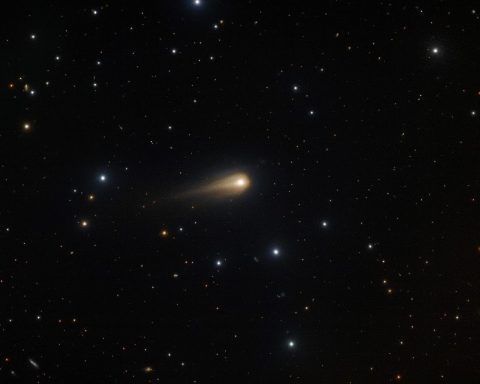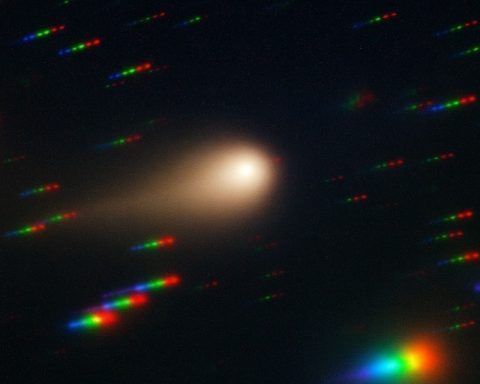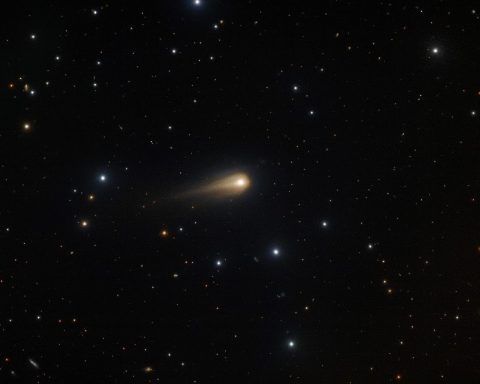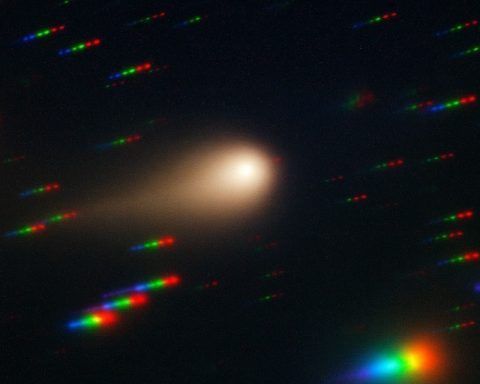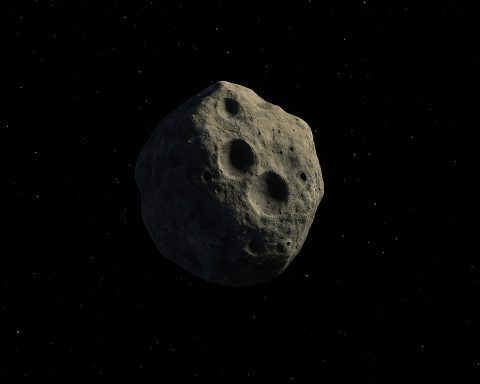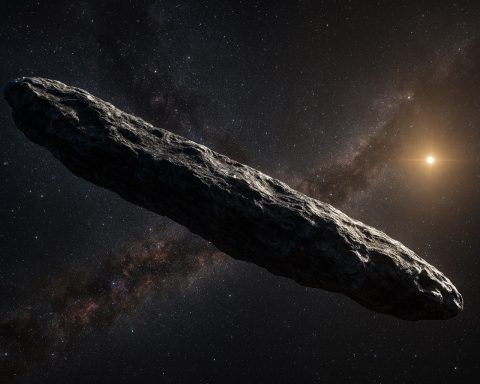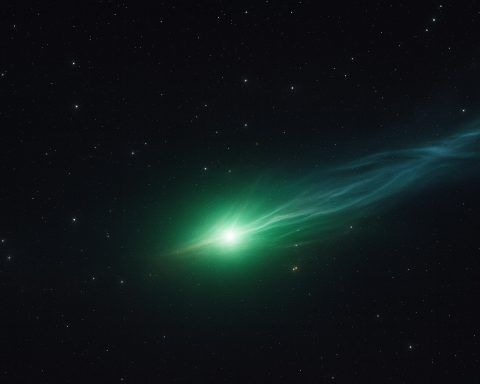
Comet 3I/ATLAS Today (Dec. 16, 2025): Interstellar Visitor Nears Closest Approach to Earth on Dec. 19
As of Tuesday, December 16, 2025, the interstellar comet known as 3I/ATLAS—a rare visitor from beyond our solar system—is drawing intense attention ahead of its closest approach to Earth on Friday, Dec. 19. Despite dramatic headlines and online rumors, reputable agencies are consistent
